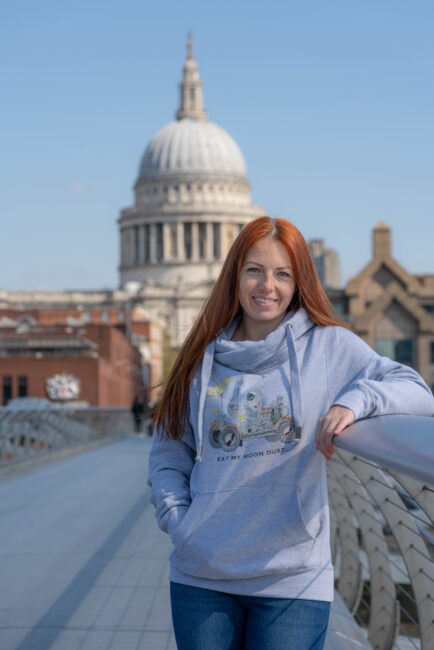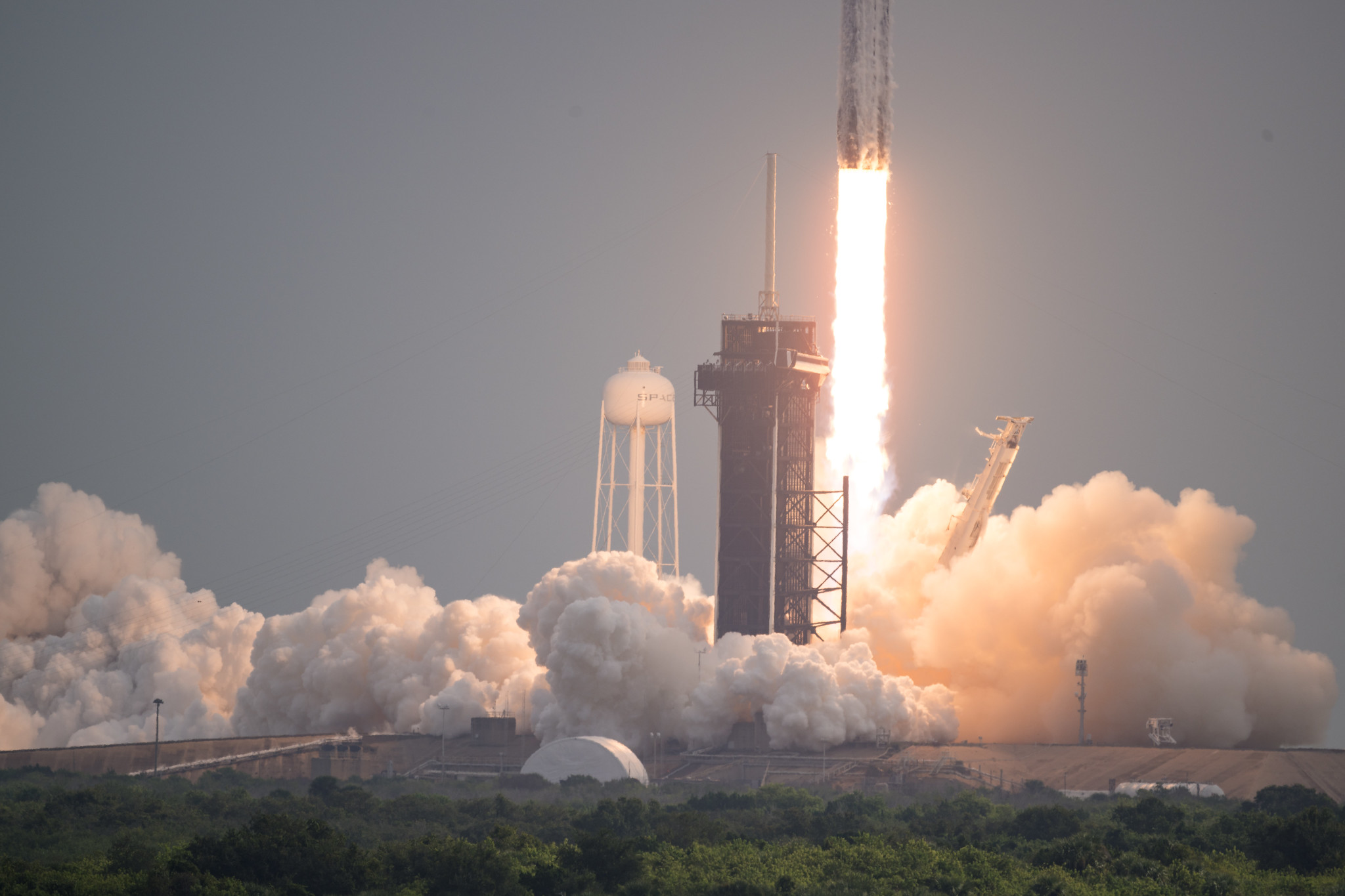Job Title: Senior Teaching Fellow
Organisation: Imperial College London
Number of years in current position: 3.5 years (started in Feb 2019)
Qualifications:
Sixth Form College (Alsop High School, Liverpool):
- AS-Level History – B
- AS-Level Further Mathematics – A
- A-Level Maths – A
- A-Level Music Technology – A
- A-Level General Studies – C
Work-based Diploma:
- NVQ Level 3 in Youth Work
- Postgraduate Diploma in University Learning and Teaching
The University of Liverpool:
- BSc Mathematics (2010) – 1st Class with Honours
- MSc Mathematical Sciences (2011) – Distinction
- PhD Theoretical Particle Physics (2016) – Pass

Briefly describe the organisation you work for:
Imperial College London is a university based in London. It is the only UK university to focus entirely on science, engineering, medicine, and business and has a strong international reputation for excellence in teaching and research. Within the Department of Computing (just one of many departments that make up Imperial College London) we have over 1,000 staff and students. Our staff are world-leading researchers in Artificial Intelligence, Data Science, Security, Software Engineering, Robotics and more! Our students come from all over the world, and when they graduate they go on to work for some of the biggest tech companies worldwide.
Explain what you do on an average day at work:
As a Senior Teaching Fellow, I am responsible for teaching undergraduate computing students. This ranges from maths and programming tutorials to supervising research projects. Each Teaching Fellow at Imperial has a specialism that they are responsible for. My specialism covers a broad range of outreach, diversity, equality, inclusion, and public engagement – all the things I love most about working for a university! This means every day is different. One week I might be creating new policies and projects to improve students’ university experiences. The next I might be running an outreach programme for young women, or supporting an academic who wants to run a coding club at their local school.
What do you like most about your job?
I find teaching really rewarding – I’m very much a people person and enjoy being part of a large team that works together to make a difference in society. My current role varies from day to day, and personally I really enjoy the challenge that this variety brings.
What stimulated your interest in maths, and when?
I’ve always been interested in mathematics since I was a little girl, and I love finding a good problem to solve! Alongside my career as a mathematician, I’ve spent a lot of time training to one day become Britain’s next astronaut – my ultimate dream. Astronauts need strong mathematical skills, and my motivation to become an astronaut has only continued to steer my love of maths.
What influenced your career choice?
I’ve always enjoyed learning and being curious about the world around me. Having a job where I can share that passion for learning with other researchers and students is really rewarding. Not only do I get to continue developing my own knowledge, I get to share my knowledge with others – supporting students from a range of different backgrounds to pursue their own dreams in education. As a scientist, mathematician, and researcher, I get to work with staff and students on exciting cutting-edge research projects that have a real and positive impact on people all over the world. Inspiring young people to pursue subjects like maths, science and engineering means we will have more mathematicians, scientists, and engineers to design and innovate technology that changes people’s lives for the better, and it makes me happy to know that I am part of this journey.
Tell us more about your dream to become an Astronaut.
My dream to become an astronaut was influenced by the science lessons I had a school (we were learning about the planets) and the tv shows I watched with my dad (Red Dwarf), as well as my own passion for exploration. I was a bit of an all-rounder at school (I enjoyed a lot of different subjects and found I was very good at them too), and though this was a great skill to have it meant I could never find that one thing I was most passionate about. This has led to me pursuing a variety of careers – from doing a maths degree, to studying theoretical particle physics, to managing education programmes across the UK, to working at Imperial and to (hopefully one day) becoming an astronaut! I am still very passionate about this dream alongside my job in the Computing Department at Imperial, and train in my spare time; learning to speak other languages, flying helicopters, keeping physically and mentally fit, studying, and learning to scuba dive.
Which skills do you consider to be essential for your job?
Having a foundational understanding of science, engineering, and research is fundamental for my role. I gained these skills by studying mathematics and theoretical physics at university, but having any STEM background will prepare you well for a university teaching and/or research career. Good communication skills (and people skills!) are also needed to be able to teach well, and having strong analytical skills also helps with my organisation and time management – which are both useful skills to have no matter what career you go into.
You are also a Fellow of the IMA – what benefits of IMA membership have you observed in your career so far?
It’s nice to have the letters (FIMA) after my name, and students always ask me what they stand for (Fellow of the Institute of Mathematics and its Applications). My membership with the IMA also gives me the opportunity to apply to become a Chartered Scientist, and I get a magazine with lots of interesting maths-related news articles and stories which keeps me connected to the maths community.
Your future career plans?
Right now, I’m really happy at Imperial. I’m managing projects that improve staff and student experiences of university, and I get to work with the most amazing people every day! My ultimate dream is to become an astronaut – and I hope I will get an opportunity to fully pursue this dream within the next 5-10 years.
Find out more in this interview with Dr Jackie Bell, made by the Advanced Mathematics Support Programme.






